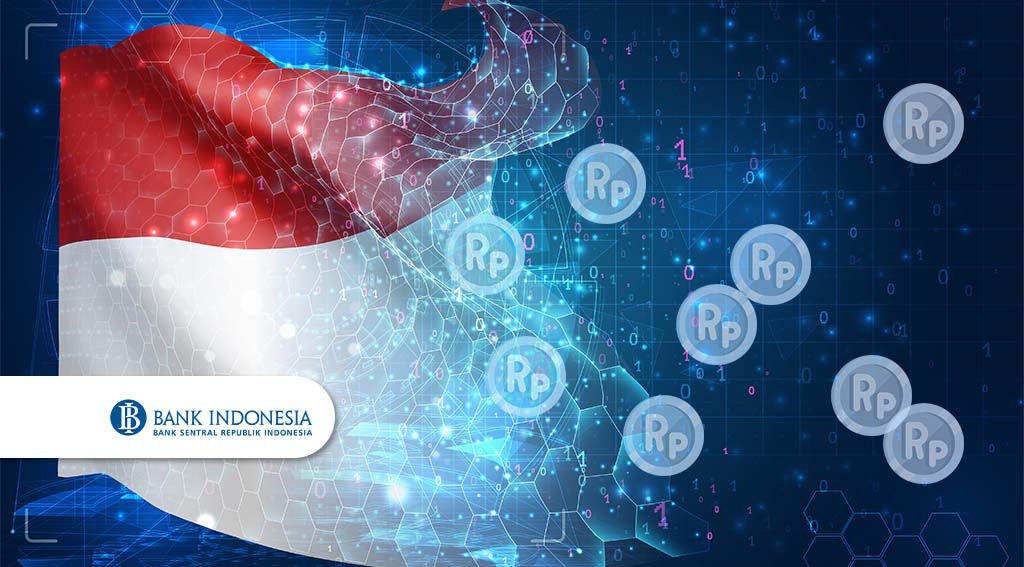
Indonesia Completes Rupiah Digital PoC, Advancing Wholesale CBDC Exploration – Fintech Singapore
Free Newsletter
Get the hottest Fintech Singapore News once a month in your Inbox
Bank Indonesia has announced the successful completion of the Proof of Concept (PoC) for the wholesale Rupiah Digital under its Garuda Project.
This marks a critical milestone in the exploration of a Central Bank Digital Currency (CBDC).
This phase, part of the Immediate State of Project Garuda, focused on testing a distributed ledger technology (DLT)-based wholesale cash ledger system to assess its feasibility, security, and compatibility with Indonesia’s financial ecosystem.

The PoC tested two DLT platforms—Corda by R3 and Hyperledger Besu by Kaleido—evaluating their ability to support key processes such as issuance, redemption, and fund transfers.
Both platforms successfully met the 55 predefined test scenarios, demonstrating scalability, resilience, privacy, and fault tolerance.
These tests explored questions on the applicability of DLT for the Rupiah Digital, the integration of smart contracts for transaction efficiency, and the system’s interoperability with Bank Indonesia’s Real-Time Gross Settlement (BI-RTGS) system and other financial market infrastructures.
According to the report, the Immediate State design ensures the Rupiah Digital complements existing payment systems without creating new monetary value.
The issuance and redemption processes involved conversions between the Rupiah Digital and reserve account balances, with fund transfers validated by distributed nodes.
The PoC findings also revealed that DLT-based solutions could enhance liquidity management and security, ensuring seamless integration with both domestic and cross-border systems.
The initiative is a continuation of earlier stages, including a white paper, consultative paper, and public consultation report, which laid the groundwork for the Rupiah Digital’s business model.
Stakeholder feedback from industry, academia, and government bodies was instrumental in refining the system’s architecture, ensuring alignment with the Indonesia Payment System Blueprint 2030.
This blueprint emphasizes fostering innovation, enhancing financial inclusion, and bolstering economic sustainability through advanced payment technologies.
Bank Indonesia also tested smart contracts during the PoC, which automated key processes, minimized human intervention, and ensured transaction security.
The PoC included a range of technical evaluations, such as testing interoperability standards like ISO 20022 for cross-border transactions, and integration methods with existing infrastructures like BI-RTGS.
The report highlights potential areas for further exploration, including advanced privacy models, multi-validator deployments, and integration of digital securities.

Moving forward, the Intermediate State phase will expand use cases for the wholesale Rupiah Digital to include broader digital asset applications, as well as Delivery Versus Payment (DvP) mechanisms.
The “Garuda Project: Wholesale Rupiah Digital Cash Ledger PoC Report” is available on Bank Indonesia’s official website.
Featured image credit: Edited from Freepik
